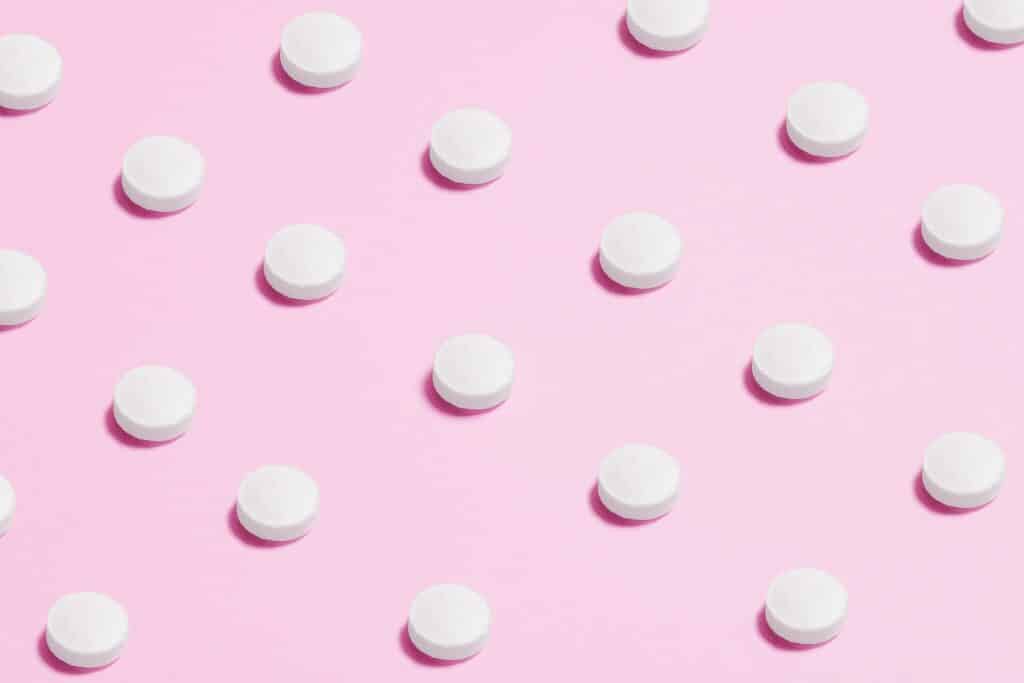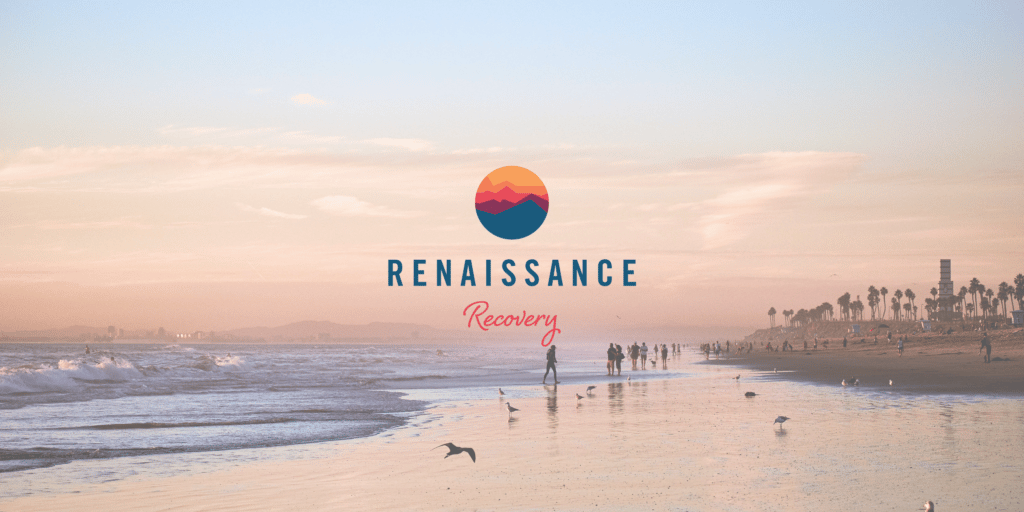Lexapro (a branded version of escitalopram) is an SSRI antidepressant, but can you take Lexapro and drink alcohol? Although SSRIs are one of the safest classes of medications for depression, mixing Lexapro and alcohol is inadvisable.
Lexapro and Alcohol
SSRI (selective serotonin reuptake inhibitors) like Lexapro are often a first-line treatment for major depressive disorder and GAD (generalized anxiety disorder).
Need help getting addiction treatment?
Doctors and medical experts typically do not recommend drinking alcohol when taking any antidepressant like Lexapro. Not only can alcohol counteract the benefits of the SSRI, but it could also inflame the symptoms of depression.
If you have been prescribed Lexapro for the treatment of a mental health condition and you regularly drink alcohol, this could make symptoms more challenging to treat. If you subsequently develop a co-occurring alcohol use disorder, you will require coordinated dual diagnosis treatment.
Some people who mix alcohol and Lexapro also report increased suicidal ideation.
Additionally, consuming alcohol can potentially worsen some Lexapro side effects, notably dizziness and drowsiness. This occurs because alcohol can directly induce these effects.
You should not skip doses of Lexapro so you can drink alcohol. Antidepressants need to be taken regularly and as prescribed to deliver their full benefits. Abruptly discontinuing use of Lexapro could trigger the following withdrawal symptoms:
- Nausea
- Vomiting
- Flu-like symptoms
- Headache
- Irritability
- Numbness
- Nightmares
Lexapro and Alcohol Side Effects
Not everyone prescribed Lexapro will experience side effects if they consume alcohol. In many cases, though, mixing these substances yields any or all of the following side effects:
- Reduced effectiveness of medication
- Worsened symptoms of depression
- Increased anxiety levels
- Excessive drowsiness
- Dizziness and faintness
- Liver problems
- Development of alcohol use disorder
Beyond this, alcohol can also heighten the risk of experiencing side effects specific to Lexapro that become more severe when the medication is mixed with alcohol. These side effects include:
- Insomnia
- Nausea
- Dry mouth
- Diarrhea
- Sleepiness
There are also some potentially severe side effects associated with mixing Lexapro and alcohol.
When adolescents and young adults take SSRIs, they may notice an increase in suicidal thoughts or behaviors during the first month of treatment. Alcohol and Lexapro both act on areas of the brain that govern emotional regulation and combining the substances can trigger adverse reactions with these processes in the brain.
Consuming alcohol triggers a temporary boost to serotonin levels in your brain. If you are also taking an SSRI antidepressant like Lexapro, this can result in the development of serotonin syndrome – more on this below.
The other severe adverse outcomes that can stem from mixing alcohol and Lexapro include:
- Emotional outbursts
- Episodes of aggression or violence
- Panic attacks
- Overdose

Can Lexapro and Alcohol Cause Blackouts?
Some research suggests that even moderate drinking while taking an antidepressant like Lexapro can sometimes provoke an exaggerated response.
This enhanced response to alcohol can include:
- Reduced inhibition
- Violence
- Memory loss and blackouts
Blackouts occur in roughly half of cases involving an exaggerated response to alcohol. Experts are unsure why this occurs.
Can you OD on Lexapro and Alcohol?
If you mix alcohol with Lexapro or any other antidepressant, you are at a heightened risk of overdose. Death sometimes occurs as a result of overdose when mixing these two substances.
The symptoms of an alcohol and Lexapro overdose are as follows:
- Dizziness
- Drowsiness
- Vomiting
- Nausea
- Convulsions
- Rapid heartbeat
- Low blood pressure
- Insomnia
- Coma
A Lexapro overdose can also cause serotonin syndrome to manifest. This rare condition can develop if you mix Lexapro and alcohol, leading to dangerously high levels of serotonin in the brain. The warning signs of serotonin syndrome include:
- Confusion
- Agitation
- Tremors
- Rapid heart rate
- High blood pressure
- Sweating
- Seizure
This condition should be considered a medical emergency requiring immediate attention.
Drug Rehab at Renaissance Recovery
At Renaissance Recovery drug and alcohol rehab center in Orange County, engage with
outpatient treatment for the following conditions:
- Alcoholism (alcohol use disorder)
- Drug addiction (substance use disorder)
- All mental health disorders
- Dual diagnosis (co-occurring addiction and mental health disorder)
For those who need more input than available in traditional outpatient therapy, we also offer more intensive outpatient programming as follows:
- IOP – intensive outpatient program with up to 15 hours of therapy sessions each week.
- PHP – partial hospitalization program with up to 35 hours of therapy sessions each week.
Regardless of your condition and the level of treatment intensity that best suits you, you will have access to a variety of EBTs (evidence-based treatments) and holistic therapies at Renaissance. These include:
- MAT (medication-assisted treatment): MAT is proven effective for the treatment of opioid use disorder and alcohol use disorder.
- Psychotherapy: talk therapies, clinically termed psychotherapies, will complement MAT and help you to tackle the psychological component of addiction.
- Individual counseling – work closely with a therapist to probe the specifics of your addiction.
- Group counseling: benefit from the support of peers on their own recovery journeys.
- Family therapy: begin the process of mending relationships damaged by the consequences of active addiction.
- Adventure therapy: take part in a variety of holistic therapies for a whole-body approach to recovery at Renaissance.
Your treatment team will then equip you with an aftercare plan and relapse prevention strategies to strengthen your chances of sustained recovery without relapse.
If you are ready to engage with treatment at our affordable luxury rehab in California, contact admissions today at 866.330.9449.




